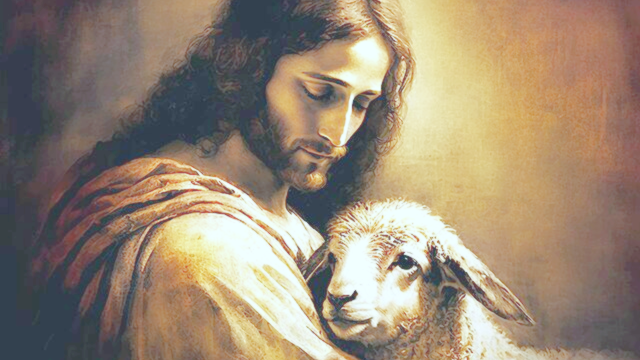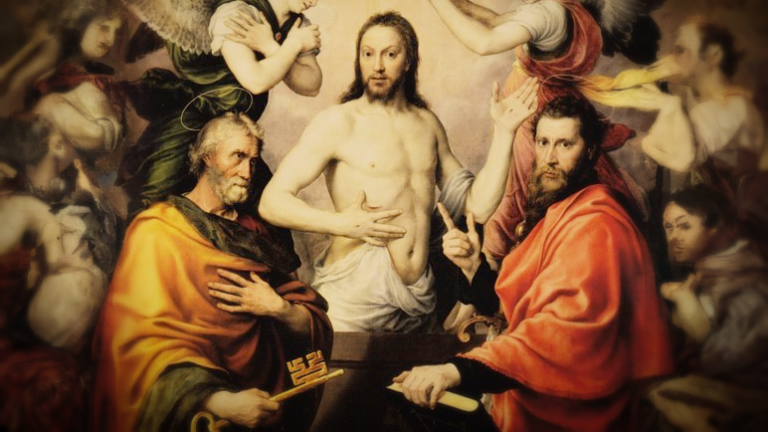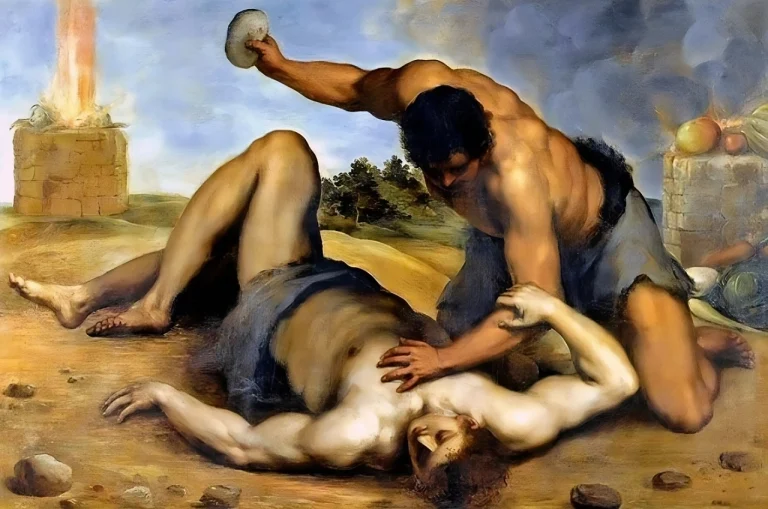Most lost souls
hate the idea that they are lost so much that they stop thinking that they have souls. Instead, they race to embrace theories that encourage such thinking. They are like light bulbs refusing to believe that electricity exists and think they give off a light that’s not nearly as bright as they think it is without it. One of the most common characteristics of lost souls is that they believe “I’m just as good as God, if there is one.” That, of course, is idolatry of the self.
Their litany is simple: “I do not know that I have a soul. If I don’t know that, how can I believe in a God Who (they will not use capitol letters for either God or for pronouns that refer directly to Him) tells me I have to do what He wants to save it?” Such souls have one thing in common, they all want to do things that have been proscribed by the Ten Commandments. “I won’t, indeed, I can’t, believe in a God Who (again, caps added) would keep me from fulfilling myself. That wouldn’t be right.”
Another group of lost souls believes in God, and thinks that The Commandments should be followed. But, they give into temptations, thereby falling into sin. That soul may go to Confession and be absolved, or, if not Catholic, say, “God forgive me!” When they see how easy that was, they may continue sinning, finding their souls farther and farther from God with each recurrence.
The main reason that we have been programmed with minds is to let us see ahead to know that, like dangerous reefs a ship is nearing, the sin to which we draw near may wreck our soul. I am reminded of earlier columns this month, when I came within a fraction of an inch of losing all my fingers to the unfeeling blades of a silently whirling brush hog. We are all within a similar sort of fraction of losing our souls. Temptation arises at any time, and can be overpowering if we do not immediately ask God or our guardian angel to help. Both of them know when we’re in danger, and are only waiting to come to our assistance.
When do we ask for help? We might turn to the last part of Revelations, John, 22;14-15 to see where all the Heaven-barring behavior we should avoid is listed: “Happy are those who will have washed their robes (the behavior our souls are wrapped in) clean so that they will have the right to feed on the tree of life and can come through the gates into the city. These others must stay outside; dogs, fortune tellers, and fornicators, and murderers, and idolaters, and everyone of false speech and false life.”








